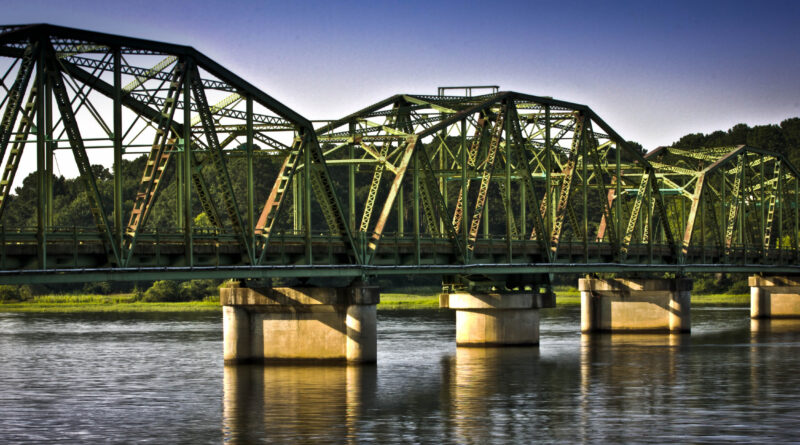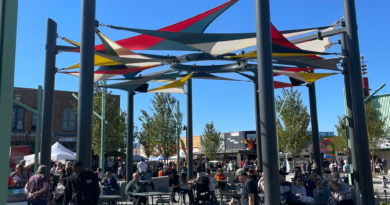History of Lincoln Alabama
Nestled in the heart of Talladega County, Alabama, lies the small town of Lincoln. With a population of just over 6,000 residents, this unassuming community belies a rich and storied history that stretches back to the earliest days of Alabama’s statehood. From its humble beginnings as a simple farming settlement to its modern-day role as a quiet bedroom community, Lincoln has weathered the storms of time and emerged as a living testament to the resilience of the American spirit.
The Origins of Lincoln
The town of Lincoln traces its roots back to the early 19th century when the area was still part of the Mississippi Territory. In 1813, a group of hardy pioneers from Georgia and the Carolinas made their way westward, seeking new opportunities and fertile land for cultivation. Among these pioneers was a man named Benjamin Lincoln, who would lend his name to the fledgling settlement that would eventually become the town we know today.
These early settlers faced numerous challenges, from navigating the rugged terrain to fending off hostile Native American tribes. However, their determination and grit prevailed, and soon the small community began to take shape. Families cleared land, built log cabins, and established farms, laying the foundations for what would become a thriving agricultural hub.
The Rise of Cotton and the Antebellum Era
As the 19th century progressed, Lincoln’s fortunes became inextricably tied to the cultivation of cotton. The town’s fertile soil and temperate climate made it an ideal location for growing the crop that would come to dominate the region’s economy. Plantations sprang up, and Lincoln became a hub for the trade and processing of cotton.
This period also saw the influx of enslaved African Americans, who toiled in the fields and played a crucial role in the development of Lincoln’s cotton industry. The town’s antebellum history is a complex and often painful one, marked by the harsh realities of slavery and the stark divides that characterized the era.
The Civil War and Reconstruction
When the Civil War erupted in 1861, Lincoln found itself at the heart of the conflict. Many of the town’s young men answered the call to arms, joining the Confederate forces in defense of their homes and way of life. The war took a heavy toll on Lincoln, with families torn apart and resources stretched thin.
In the aftermath of the war, Lincoln entered a period of reconstruction, as the town sought to rebuild and adapt to the new social and economic realities of a post-slavery society. Freed slaves and their descendants played a pivotal role in shaping Lincoln’s identity during this time, establishing churches, schools, and businesses that would lay the foundation for the town’s future growth.
The 20th Century and Beyond
As the 20th century dawned, Lincoln’s economy began to diversify. While agriculture remained an important part of the town’s fabric, new industries and businesses emerged, providing employment opportunities and attracting new residents.
One of the most significant developments of this era was the construction of the Talladega Superspeedway, a major NASCAR racetrack located just a few miles outside of Lincoln. The speedway has become a major economic driver for the region, attracting thousands of visitors each year and providing a boost to local businesses.
Today, Lincoln remains a vibrant and close-knit community, proud of its rich heritage and committed to preserving its unique history and character. Historic buildings, museums, and cultural events celebrate the town’s past, while new developments and initiatives aim to ensure a prosperous future for generations to come.
Despite its small size, Lincoln’s story is a microcosm of the broader narrative of the American South – a tale of resilience, struggle, and progress. From its humble beginnings as a frontier settlement to its modern-day role as a thriving community, Lincoln has weathered the storms of history and emerged as a testament to the enduring spirit of its people.
Discover more from City Towner
Subscribe to get the latest posts sent to your email.




